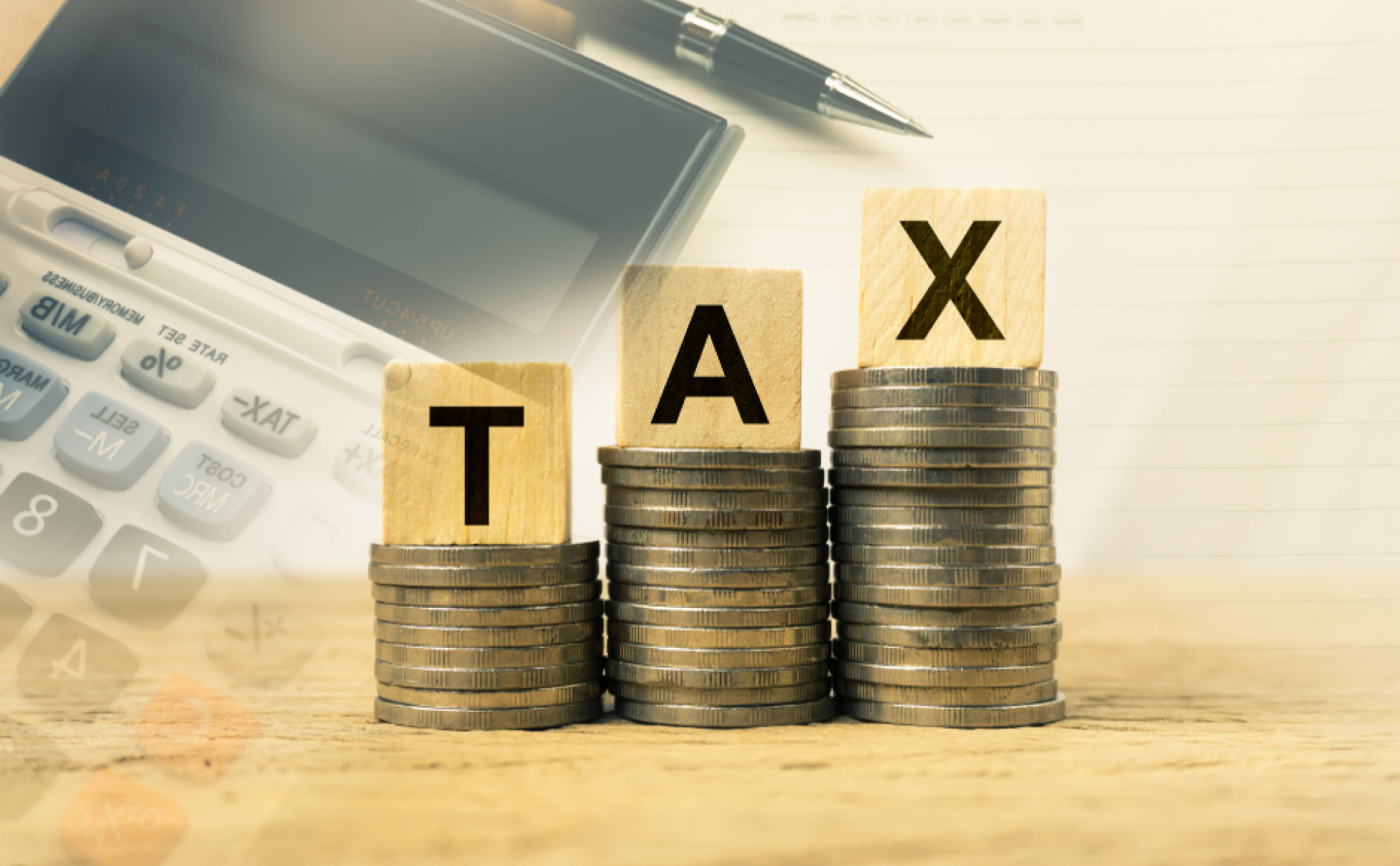PTBP Web Desk
The Federal Board of Revenue (FBR) has raised concerns about significant disparities in tax compliance during the fiscal year 2023-24, as detailed in its latest report. The findings highlight a substantial gap between income tax filers and sales tax filers across Pakistan, reflecting challenges in broadening the tax base and ensuring equitable participation.
According to the report, while the number of active income tax filers reached an impressive 4,738,595, the sales tax filers stood at only 234,193. This stark difference underscores the need for enhanced measures to improve sales tax compliance nationwide.
Among the regional tax offices, the Regional Tax Office (RTO) Lahore emerged as the leader in both income tax and sales tax compliance. Lahore reported 809,131 active income tax filers and 41,783 sales tax filers, demonstrating consistent engagement in tax participation. Similarly, RTO-II Karachi secured second place with 522,284 income tax filers and 20,979 sales tax filers. RTO Multan followed with 382,575 income tax filers.
On the other hand, the Large Taxpayer Offices (LTOs) in Multan and Islamabad recorded the lowest numbers. This disparity is attributed to their focus on specialized taxpayers, such as large corporations, rather than a broader tax base. While urban centers like Karachi and Faisalabad continued to dominate the tax base, smaller regions, including Sialkot, displayed commendable performance given their size.
The gap between active income tax filers and sales tax filers highlights several challenges. Urban centers, with their dense populations and economic activity, have naturally higher tax participation. However, smaller regions, despite their potential, struggle with limited outreach and compliance infrastructure.
The varied ratios of active taxpayers to sales tax filers indicate an untapped potential for expanding sales tax compliance. For example, regions with high income tax participation could serve as focal points for increasing sales tax awareness and registration. This approach aligns with the FBR’s strategic goal of strengthening revenue generation by diversifying the tax base.
The report’s data provides an in-depth look at tax compliance across Pakistan:
Active Income Tax Filers:
Total: 4,738,595
RTO Lahore: 809,131
RTO-II Karachi: 522,284
RTO Multan: 382,575
Active Sales Tax Filers:
Total: 234,193
RTO Lahore: 41,783
RTO-I Karachi: 20,979
This data reflects consistent growth in income tax compliance, with urban centers leading the way. However, the low number of sales tax filers highlights the need for targeted efforts to address this imbalance.
To bridge the gap between income tax and sales tax compliance, the FBR emphasizes several measures:
Enhanced Outreach Programs: Educating taxpayers about the importance and benefits of sales tax registration can help improve compliance rates. Campaigns should focus on regions with high income tax filers but low sales tax filers.
Simplified Tax Procedures: Streamlining the process for filing sales tax returns can encourage more businesses and individuals to participate. User-friendly online platforms can play a pivotal role in this regard.
Regional Focus: Allocating resources to underperforming regions, such as LTO Multan and Islamabad, could boost overall compliance. Collaboration with local chambers of commerce and industry associations can further enhance efforts.
Incentives for Compliance: Offering incentives, such as reduced penalties for timely registration or tax credits, can motivate taxpayers to comply with sales tax requirements.




